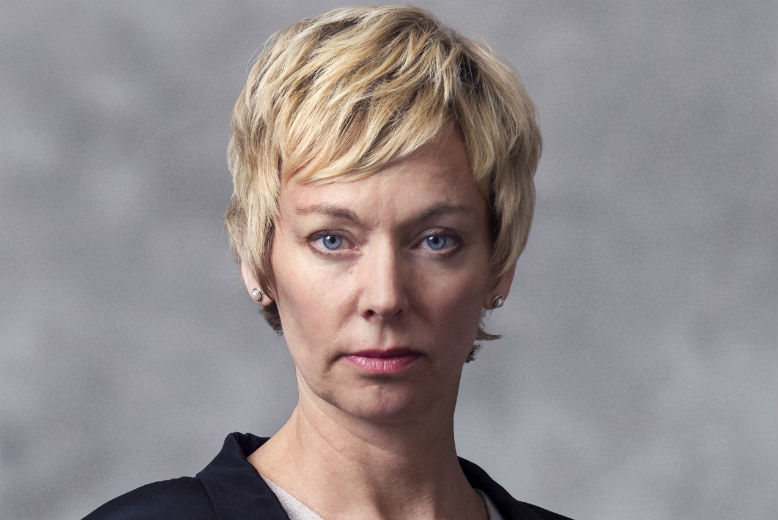
Research Grant to Project on Peace and the Politics of Memory
Johanna Mannergren Selimovic, senior researcher at UI's Global Politics and Security programme, has been awarded 6,7 million SEK by Riksbankens jubileumsfond (RJ) for a research project on peace and the politics of memory. Other members of the project are Susanne Buckley-Zistel, Marburg university, Stefanie Kappler, Durham University och Annika Björkdahl, Lund university.
Commemorations impact on peace
In societies emerging from violent conflict, victims, perpetrators and bystanders often live side by side, harbouring conflicting memories and experiences of violence. One of the most pressing questions concerns how the difficult past can be remembered without threatening the fragile peace of the present and future. The overall purpose of the proposed project is to investigate if and how commemoration impacts on the quality of peace, and explain why commemoration may contribute to the making of a durable peace or the perpetuation of conflict. In so doing, it will shed light on how difficult legacies such as the killing fields in Rwanda, the atrocities of the Bosnian war, the wrongs of South African apartheid and the forceful division of the island of Cyprus are commemorated. Through in-depth and comparative investigations of memory politics in Bosnia-Herzegovina, Cyprus, Rwanda and South Africa, an original contribution to the emergent research field of commemoration and peace-building will be made.
A four part research project
Firstly, the project will address the following research questions:
- How can we better understand the impact of commemoration on the quality of peace in post-conflict societies?
- In the context of commemorations, how do sites, agents, narratives and events interact around salient topics of memory politics?
- What types of commemoration are conducive to peace-building or to conflict perpetuation?
The aims of the project are to 1) identify key theoretical concepts of relevance to understand memory politics; 2) develop an analytical framework linking these concepts theoretically and methodologically; 3) produce new empirical knowledge from in-depth case studies guided by the theoretical framework; 4) generate new theoretical insights and empirical knowledge through a comparative study of memory politics.
Theoretically, an analytical framework that accesses Sites, Agents, Narratives and Events will be developed, linked together in what constitute "mnemonic formations." Empirically, commemoration in the four selected case studies will be mapped out, key topics of memory politics and their associated mnemonic formations will be identified and the inter-related roles of sites, agents, narratives and events will be analyzed. Through a comparative analysis a typology of memory regimes will be developed and the impact of commemoration on the quality of peace will be assessed, measured in terms of inclusivity, pluralism and human dignity. Finally, the project provides research-based, policy-relevant insights into how commemoration can function in support of peacebuilding.
In so doing, the project will break new ground and address the lack of detailed yet systematic investigations into the fluid and frictional construction of commemoration in societies transitioning from war to peace.